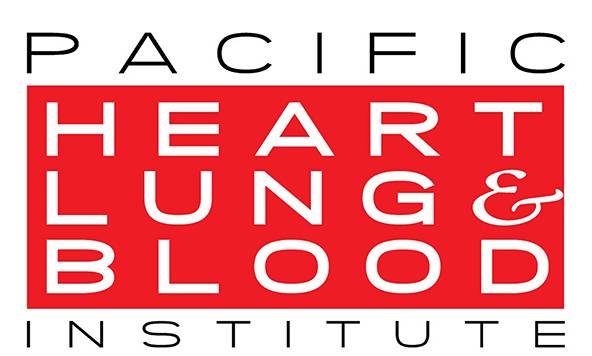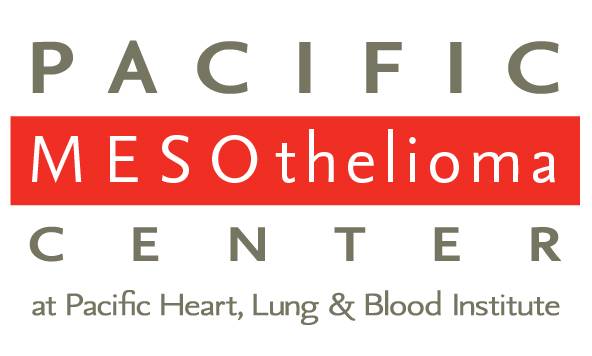Lung disease, the umbrella term for a wide range of disorders affecting the lungs, is characterized by symptoms such as:
- cough,
- chest pain,
- difficulty in breathing, and
- coughing up sputum, blood or bloody sputum.
The lungs are vital organs responsible for inhaling oxygen and expelling carbon dioxide. Damage to any part of the lungs can cause problems ranging from mild to severe.
Lung disorders are the most common medical conditions worldwide and comprise the number three killer in the United States.
Most lung diseases in the U.S. are caused by environmental factors such as:
- smoking and occupational hazards,
- infections,
- genetics,
- or a combination of these influences.
Lung diseases include:
- asthma,
- chronic obstructive pulmonary disease (COPD),
- lung cancer,
- infections such as influenza,
- pneumonia and tuberculosis,
- and genetic conditions such as cystic fibrosis as well as other respiratory problems.
COPD, the collective term for chronic bronchitis and emphysema, interferes with the ability to exhale normally.
Sometimes called “smoker’s cough,” COPD is an under-diagnosed, life-threatening lung condition that is not fully reversible.
Chronic bronchitis not only has a high mortality rate, but it also increases the risk of developing lung infections and lung cancer.
Lung cancer is the leading cause of mortality in both men and women in the U.S. Accounting for more than 158,000 deaths in the U.S. in 2009, lung cancer remains a deadly disease for which more effective treatments are urgently needed.
Other potentially deadly cancers that develop near the lungs include thymic cancer (also called thymus cancer, thymoma, or thymic carcinoma) and malignant pleural mesothelioma.
Located between the lungs, thymic cancer is a rare type of cancer of the thymus gland which, if unsuccessfully treated, may recur or become fatal.
Stage 3 thymic carcinoma often spreads to the lungs.
Mesothelioma, a rare form of cancer of the lungs’ protective lining, is linked with asbestos exposure and is extremely challenging to treat.
Both thymic cancer and mesothelioma are uncommon cancers, but these diseases combined take the lives of thousands of Americans each year.
While there are currently no cures for either thymic cancer or mesothelioma, emerging medical studies on possible breakthrough treatments offer hope for patients suffering from these conditions.
The search for novel and beneficial therapies to treat thymic cancer, mesothelioma, and lung cancer as well as bronchitis is so important that PHLBI has made research on treatments for these diseases one of its priorities.





